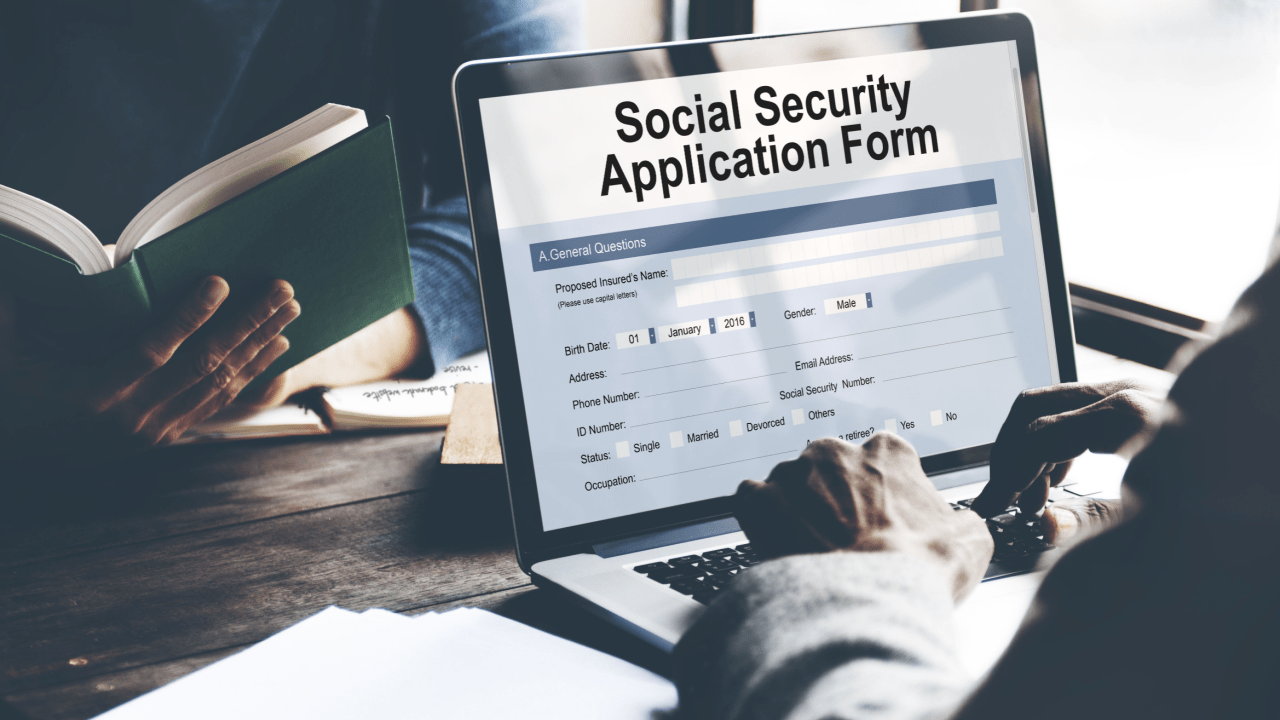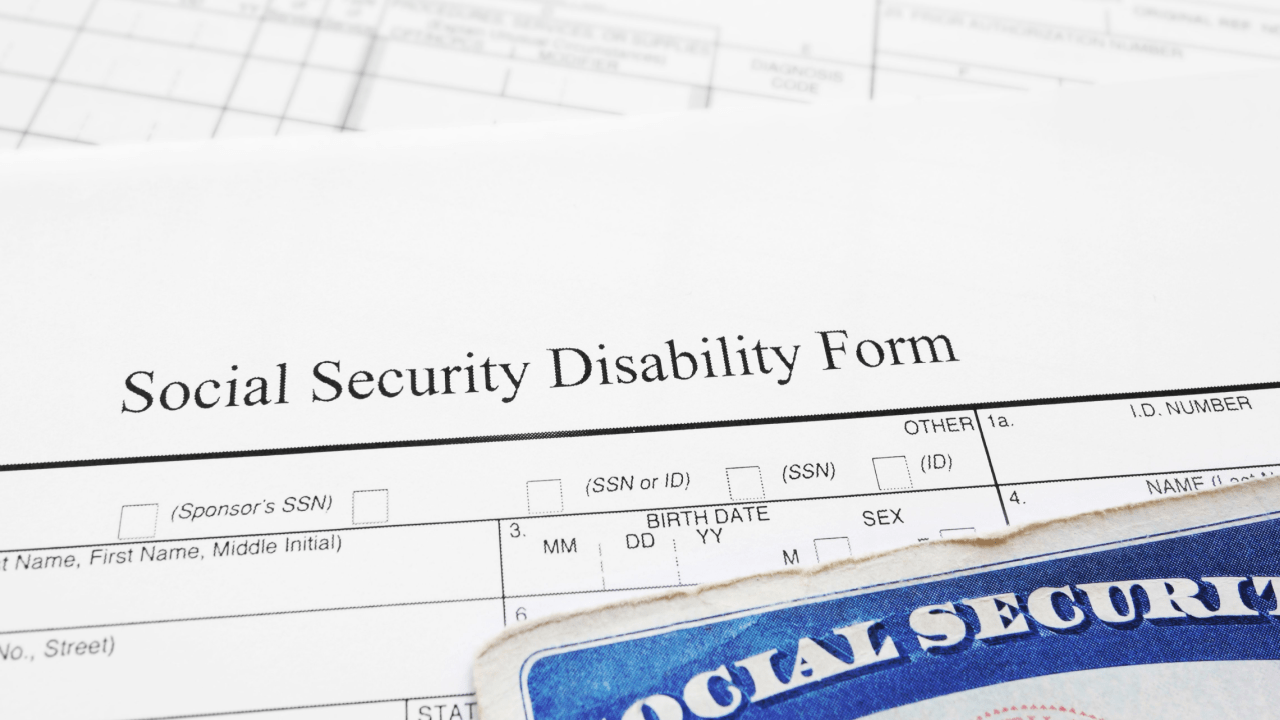
What Is the Average Disability Check for Anxiety?
Payment Amounts Explained: SSDI vs SSI Benefits
What is the average disability check for anxiety depends on whether you qualify for Social Security Disability Insurance (SSDI) or Supplemental Security Income (SSI). Monthly disability payments for anxiety disorders vary based on eligibility, work history, and financial circumstances.
Understanding disability benefits for anxiety can help you plan your financial future. This guide explains payment amounts, eligibility criteria, and factors that influence your monthly check.
The average disability check for anxiety differs significantly between SSDI and SSI programs. SSDI payment amounts vary by individual and are calculated based on lifetime earnings and work credits. Your SSDI amount depends on your lifetime earnings and work credits.
SSI provides a fixed payment amount regardless of work history. SSI provides a standardized monthly payment amount that may be adjusted based on income and other support. However, your actual SSI payment may be reduced if you have other income sources or receive in-kind support.
Most people with anxiety disorders who qualify for disability benefits receive SSDI because they have sufficient work history. SSI typically applies to individuals with limited work experience or those who haven’t earned enough work credits.
Eligibility Requirements: Qualifying for Anxiety Disability
To receive disability benefits for anxiety, you must meet Social Security Administration’s (SSA) strict criteria. Your anxiety disorder must meet Social Security Administration criteria regarding duration and functional limitations.
The SSA evaluates anxiety disorders under specific mental health listings found in the Department of Health and Human Services guidelines. You must demonstrate that your anxiety causes significant limitations in understanding, remembering, applying information, interacting with others, concentrating, or managing yourself.
Medical documentation is crucial for approval. The Centers for Medicare & Medicaid Services (CMS) requires consistent treatment records, detailed symptom descriptions, and evidence showing how anxiety affects your daily activities and work capacity. These three agencies work together to ensure proper evaluation and administration of disability benefits.
Factors Affecting Benefits: What Influences Your Payment
Several factors determine what is the average disability check for anxiety you’ll receive. For SSDI, your Primary Insurance Amount (PIA) calculation uses your highest 35 years of earnings. Higher lifetime earnings result in larger monthly payments.
Your age when you become disabled also affects SSDI payments. Early retirement reductions don’t apply to disability benefits, but your earnings history at the time of disability determines your benefit amount.
SSI payments consider your total household income and resources. SSI eligibility considers household income and available financial resources, which may affect payment amounts. Any income you receive reduces your SSI payment dollar-for-dollar after the first $65 monthly.
Application Process: Steps to Claim Your Benefits
Applying for disability benefits requires thorough preparation and documentation. Start by gathering all medical records related to your anxiety disorder, including therapy notes, medication lists, and hospitalization records.
Complete your application online at ssa.gov or visit your local Social Security office. The initial application asks detailed questions about your medical condition, work history, and daily limitations.
Some anxiety-related disability claims are denied at the initial application stage, and applicants may choose to pursue appeals. If denied, you can appeal through reconsideration, administrative law judge hearing, and Appeals Council review.
Final Thoughts Matter: Understanding Your Benefits
What is the average disability check for anxiety varies greatly based on your specific situation and benefit type. While SSDI provides higher payments for most people, SSI offers crucial support for those with limited work history.
Disability benefits are intended to provide financial support for individuals who meet program requirements. Understanding your potential payment amount helps you plan for long-term financial stability while managing your anxiety disorder.
Take Action Today: Start Your Disability Claim
Individuals considering disability benefits may wish to review eligibility requirements and application options.
Exclusive Social Security Disability Leads Connect with high-intent claimants seeking legal assistance for Social Security Disability benefits. At Legal Brand Marketing, we provide exclusive, real-time SSDI and SSI leads from individuals actively seeking representation for Social Security Disability Insurance (SSDI) and Supplemental Security Income (SSI) claims. Learn more about Social Security Disability lead opportunities.
Frequently Asked Questions
1. How much is the average disability check for anxiety disorders?
Payment amounts vary depending on the program and individual eligibility factors.
2. Can I work while receiving disability benefits for anxiety?
Yes, but earnings limits apply. SSDI allows substantial gainful activity up to $1,550 monthly in 2025, while SSI has stricter income restrictions.
3. How long does it take to get approved for anxiety disability?
Initial decisions typically take 3-6 months, but appeals can extend the process to 12-24 months or longer.
4. What anxiety disorders qualify for disability benefits?
Panic disorder, agoraphobia, generalized anxiety disorder, and social anxiety disorder can qualify if they severely limit your functioning.
5. Do I need a lawyer for my anxiety disability claim?
While not required, attorneys can significantly improve your chances of approval and help navigate complex appeal processes.
Key Takeaways
- Payment Amounts: Monthly payments vary based on eligibility and program type
- Program Differences: SSDI provides higher payments based on earnings history, while SSI offers fixed amounts
- Medical Evidence: Consistent treatment records and detailed symptom documentation are essential for approval
- Application Timeline: Start your claim immediately as the process takes months and retroactive benefits are limited
- Appeal Options: Applicants may have appeal options if an initial claim is denied


